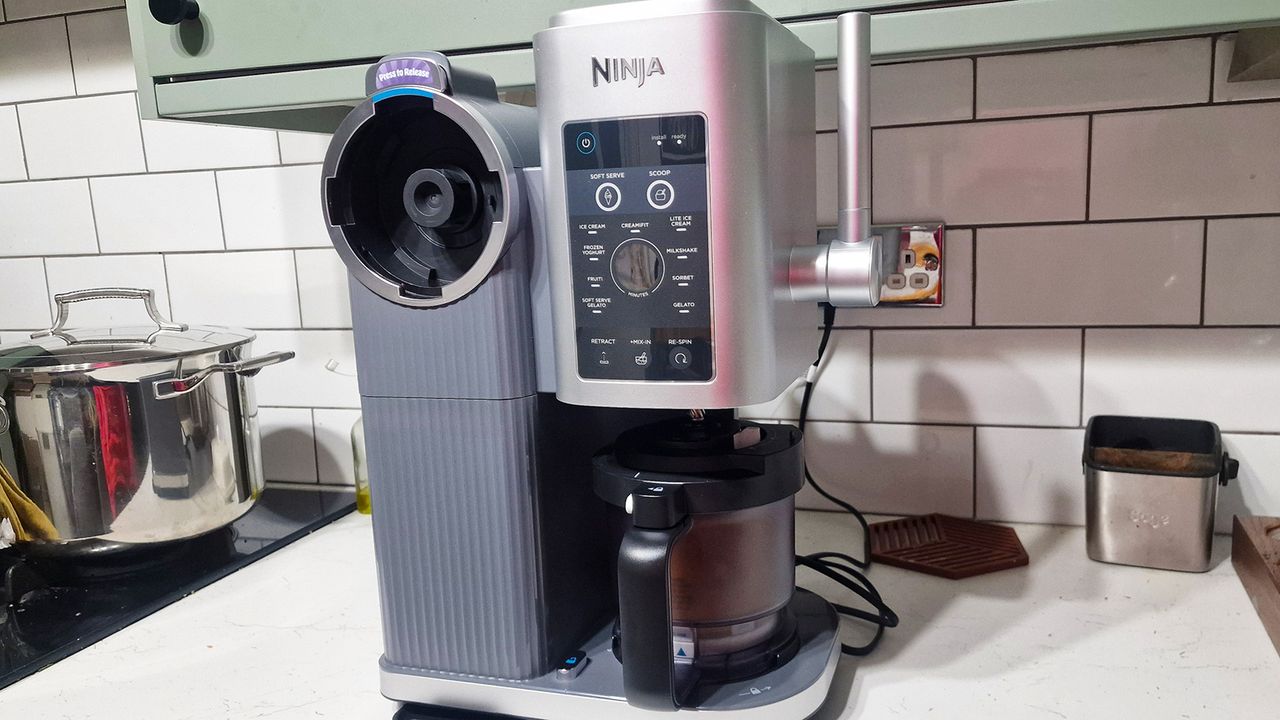
Huawei has unveiled its comprehensive chip and computing power strategy, aiming to boost China’s self-sufficiency in the semiconductor sector. The announcement includes the introduction of the Ascend AI chips, Kunpeng server chips, and high-speed Atlas supernodes, designed to reduce reliance on foreign suppliers such as Nvidia. This initiative reflects China’s commitment to enhancing its domestic chip manufacturing capabilities amidst ongoing U.S. export controls and escalating technology tensions.
The company plans to roll out the Ascend 950 chip in 2026, alongside the Atlas 950 supernodes, which will support up to 8,192 chips. The Kunpeng updates are scheduled for completion by 2028. This ambitious roadmap signals a strong belief in the potential of China’s semiconductor industry, positioning it to better navigate the challenges posed by international trade dynamics.
Funding Boost for AI Learning Platform Evolve
In a parallel development, Evolve, an innovative AI-driven corporate learning platform, has raised $1 million in seed funding, primarily led by AltaIR Capital, with contributions from 500 Global and other investors. Founded in 2023, Evolve is focusing on transforming corporate training by streamlining onboarding and upskilling processes. The platform aims to reduce training time from weeks to hours while providing real-time performance tracking.
Evolve’s offerings include SCORM compliance, instant feedback mechanisms, and integrations with Human Resources Information Systems (HRIS). The company plans to automate 80% of HR and learning workflows, with a goal of expanding its reach across the United States and European markets.
Record Salaries and Regulatory Challenges in Indian Trading
Meanwhile, the landscape for high-frequency trading in India is evolving, with firms offering record salaries for entry-level positions. Packages have surged to as high as ₹12.5 lakh per month, driven by aggressive hiring from companies like IMC Trading, Quadeye, and Citadel Securities. This trend persists despite tighter regulations from the Securities and Exchange Board of India (SEBI) and a notable 40% drop in derivatives trading volumes.
The demand for quantitative researchers and trading engineers remains robust, as algorithm-driven trading now constitutes approximately 70% of trading activity. This shift has intensified competition among firms and shortened the lifespan of trading strategies, compelling companies to adapt quickly.
Concerns Over Generative AI’s Impact on Mental Health
Generative AI technologies, such as Gemini Flash 2.5, are also making waves in social media, contributing to hyper-polished aesthetics that may negatively affect the mental health of younger users. Experts warn that these AI-generated visuals can exacerbate issues like anxiety, low self-esteem, and sleep disruptions among Gen Z individuals.
To address these challenges, experts advocate for enhanced digital literacy education, transparent labeling of AI-generated content, and mindful usage of technology. There is potential for AI to promote mental wellness through tools for early detection of mental health issues, therapy applications, and the creation of healthier online environments.
Canada’s Largest Crypto Seizure
In a significant move against cryptocurrency crime, Canadian authorities have seized approximately C$56 million (about US$40 million) from the unregistered crypto exchange TradeOgre. This marks the largest seizure of its kind in the country and the first shutdown of a cryptocurrency exchange. The Royal Canadian Mounted Police (RCMP), acting on information from Europol, allege that TradeOgre facilitated money laundering by circumventing Know Your Customer (KYC) and Financial Transactions and Reports Analysis Centre of Canada (FINTRAC) compliance requirements.
Authorities will analyze data from the platform, and charges are anticipated. This case is part of broader efforts by Canada and the United States to combat cryptocurrency-related crimes, which have resulted in the freezing of over $300 million in illicit assets across both nations.
Overall, today’s tech landscape reflects ongoing shifts towards innovation and regulation, with significant developments in semiconductors, AI, trading, and cryptocurrency enforcement.






